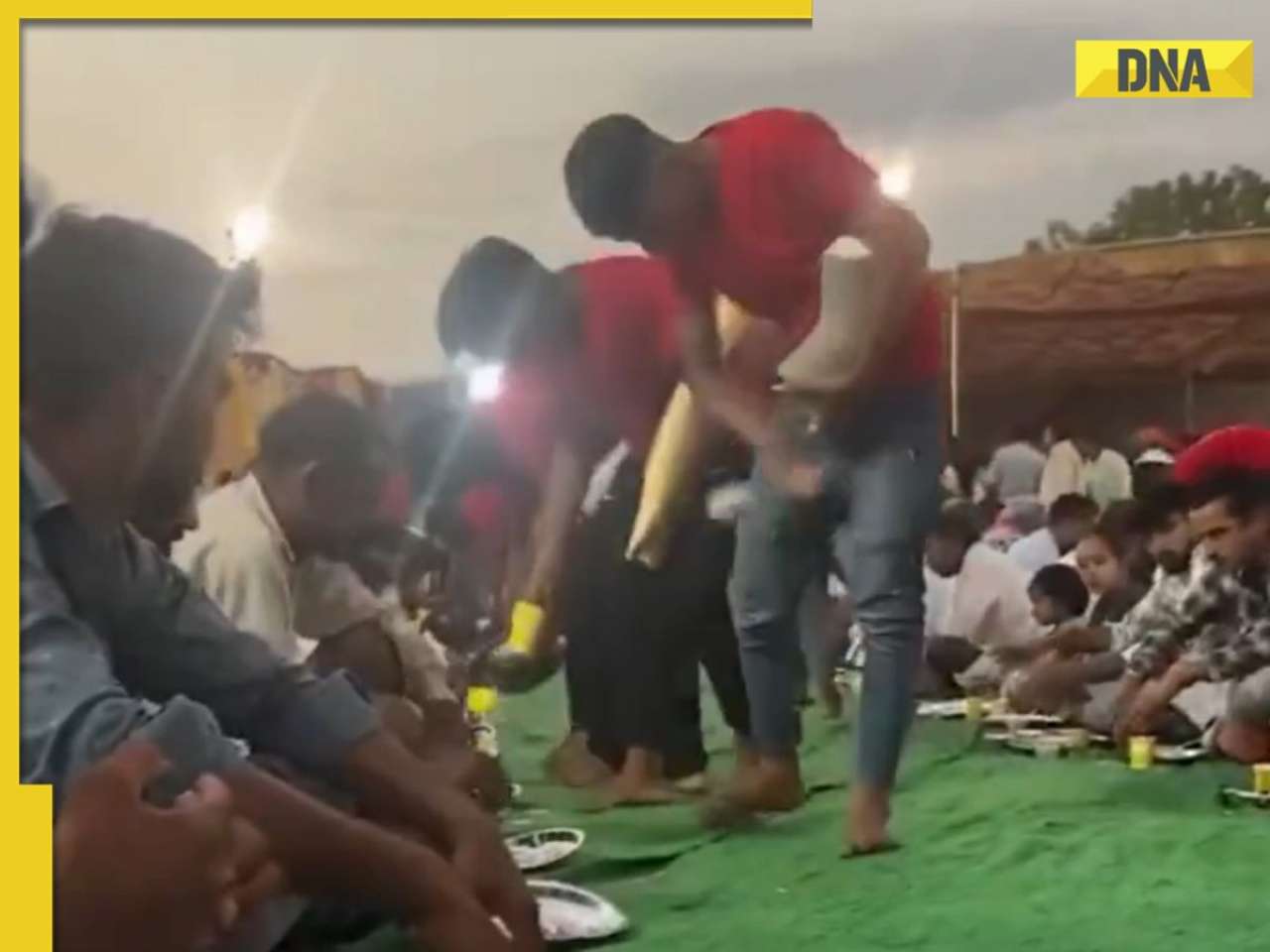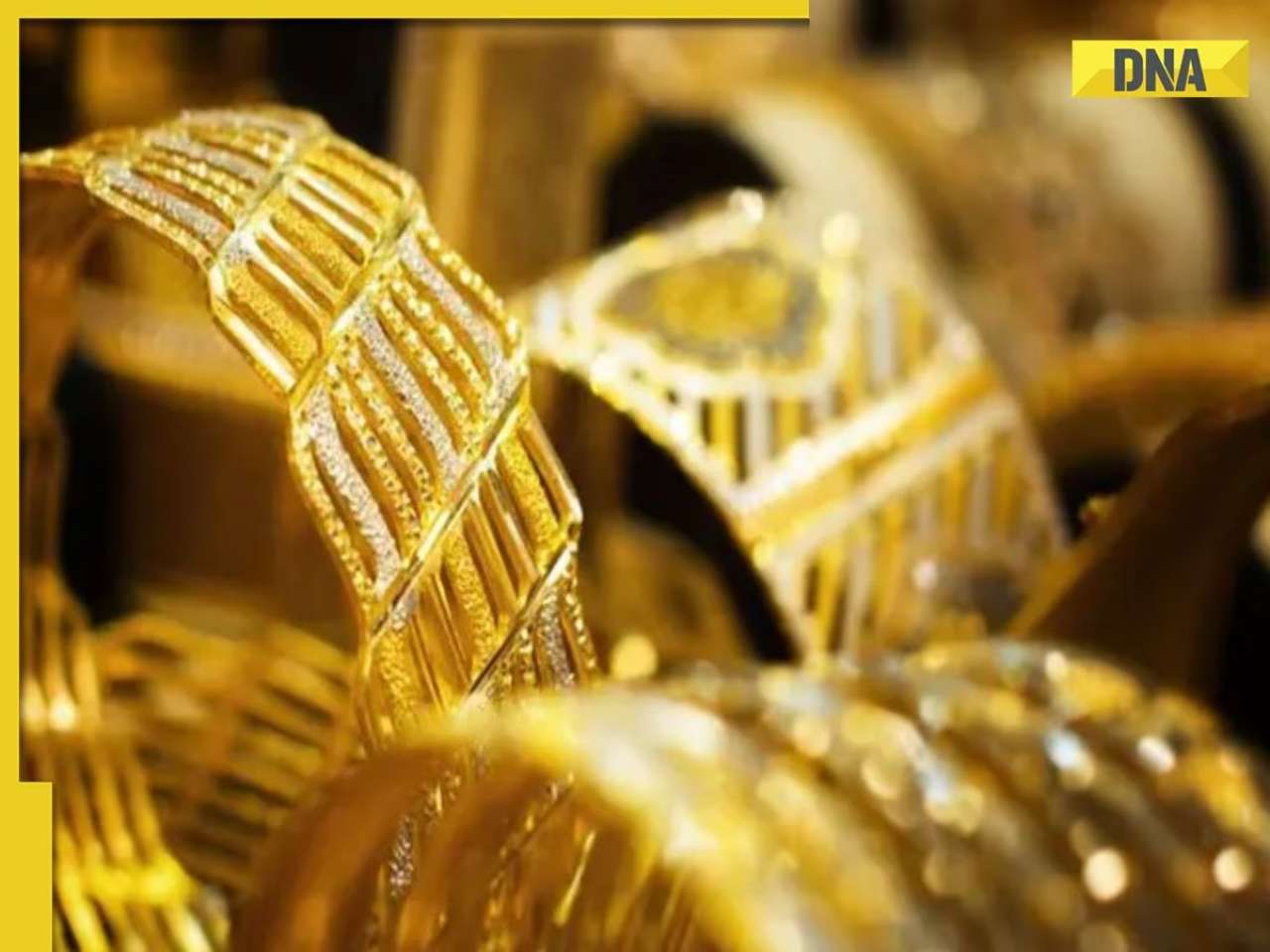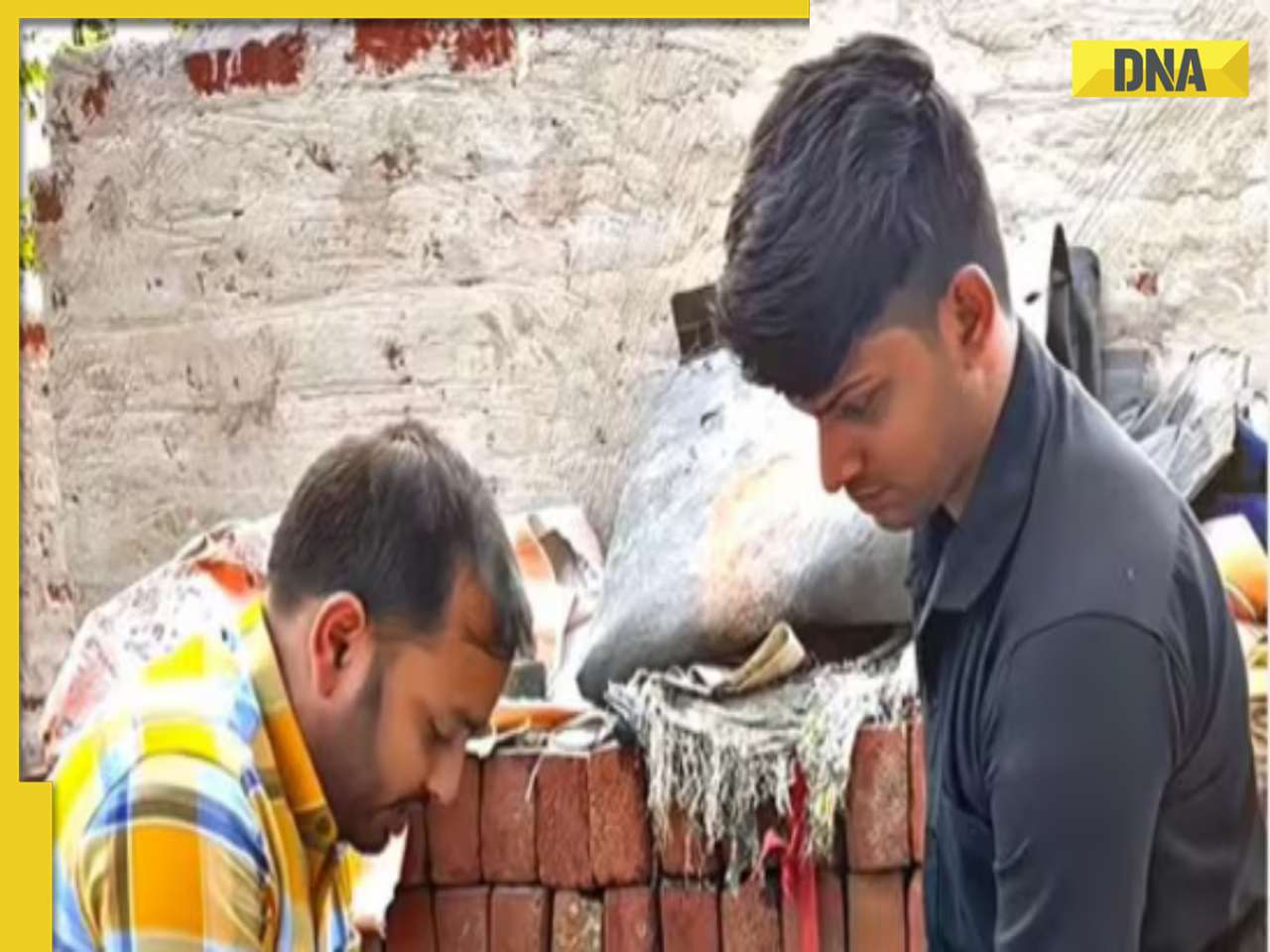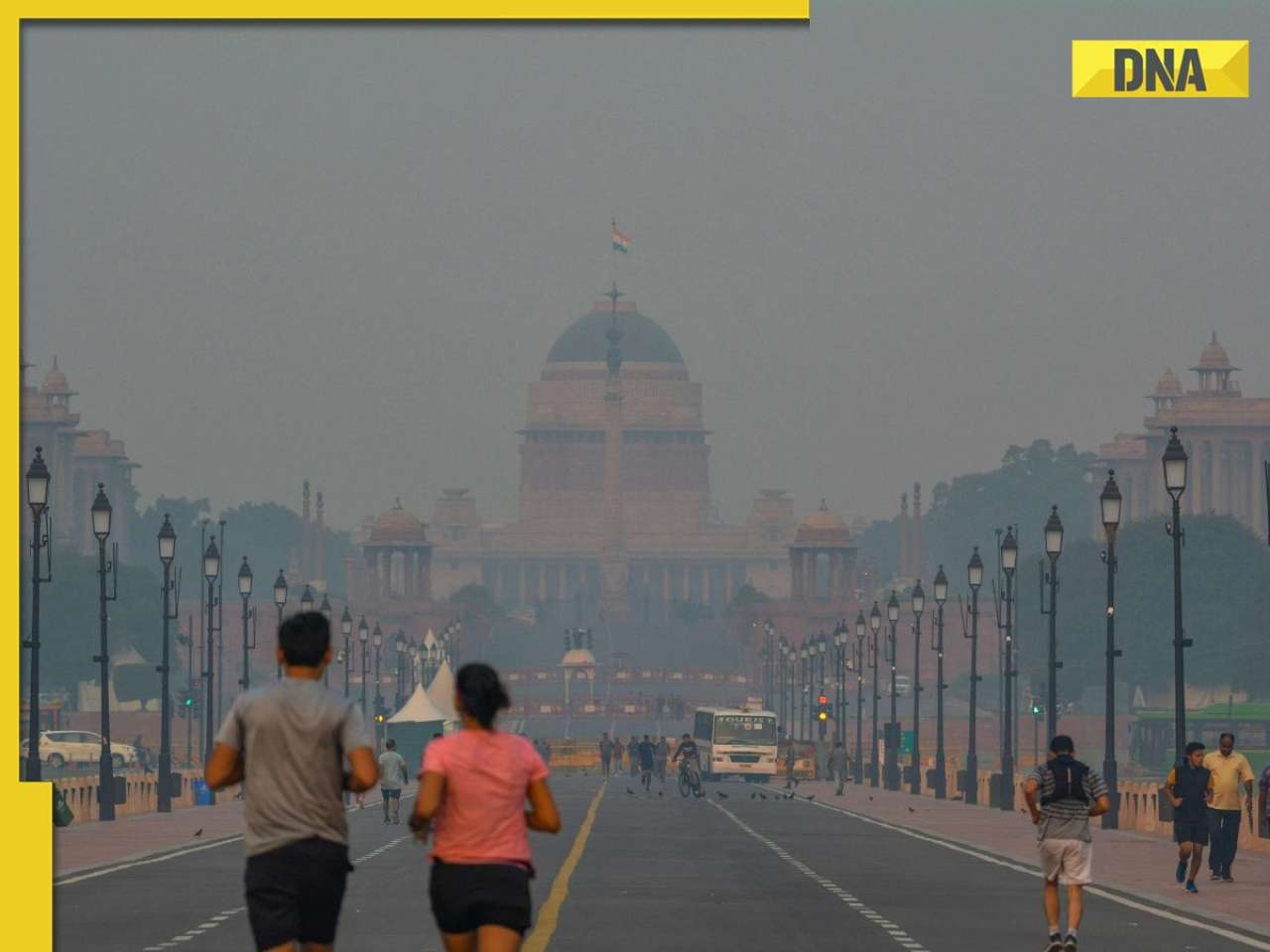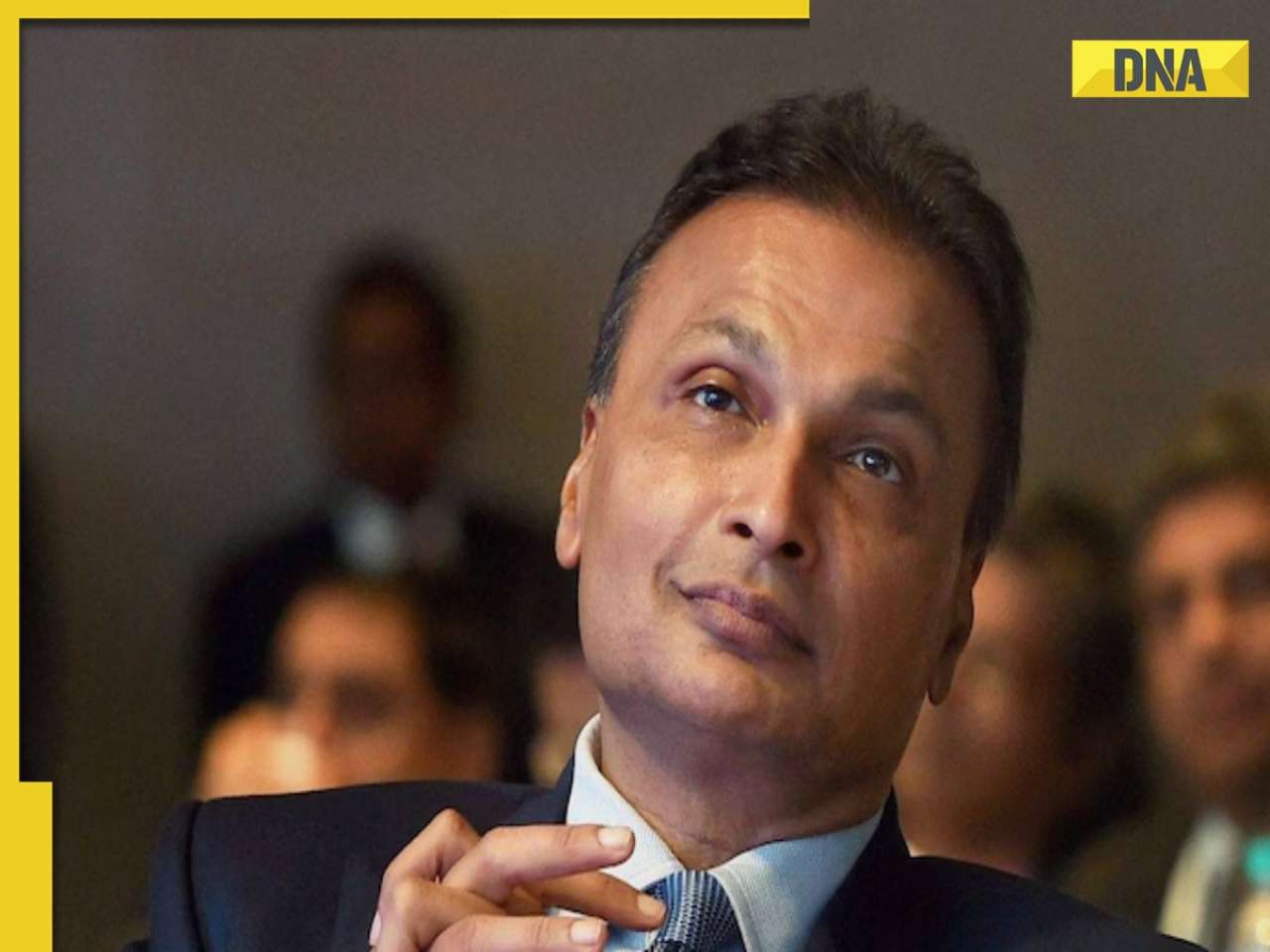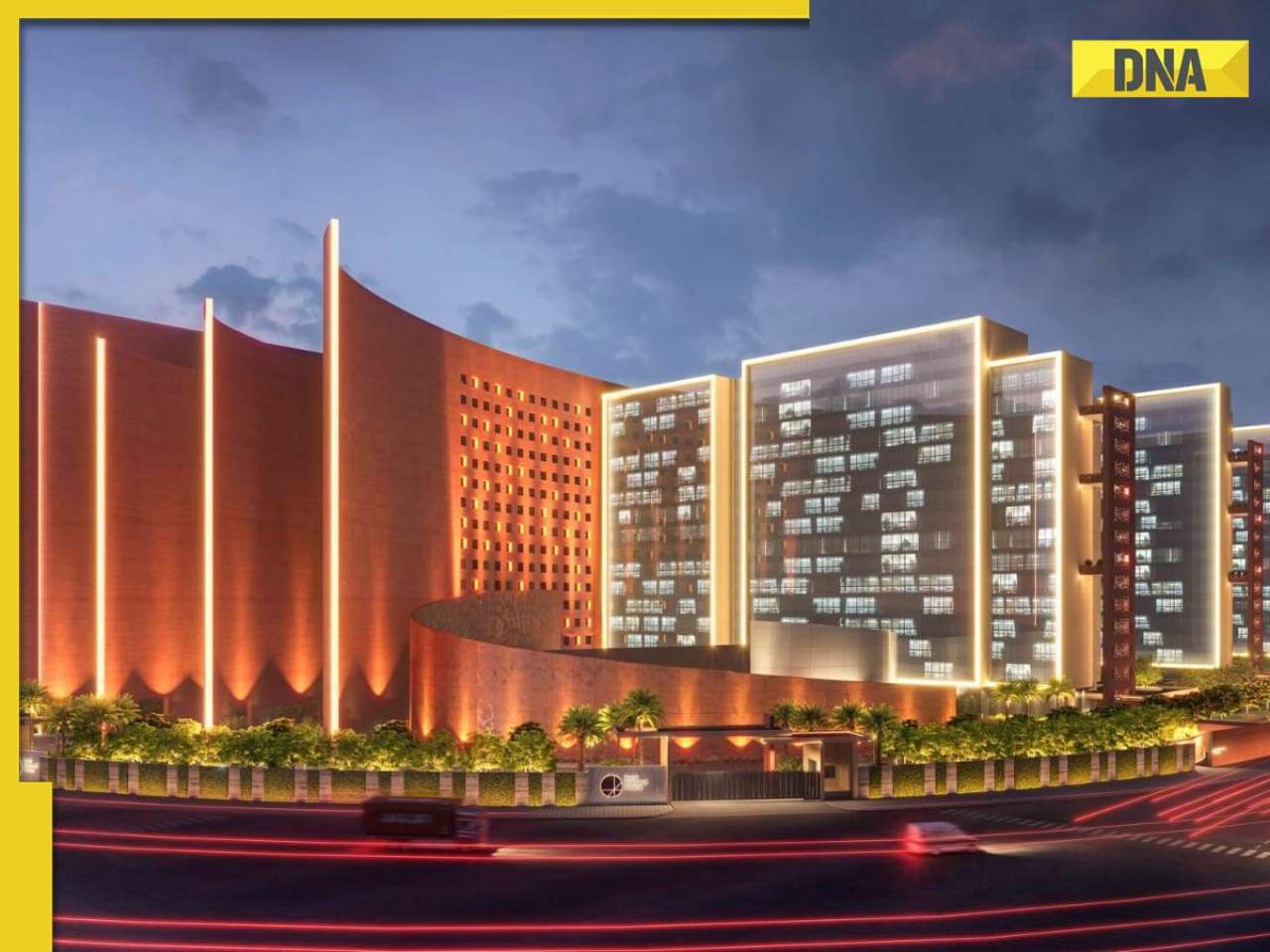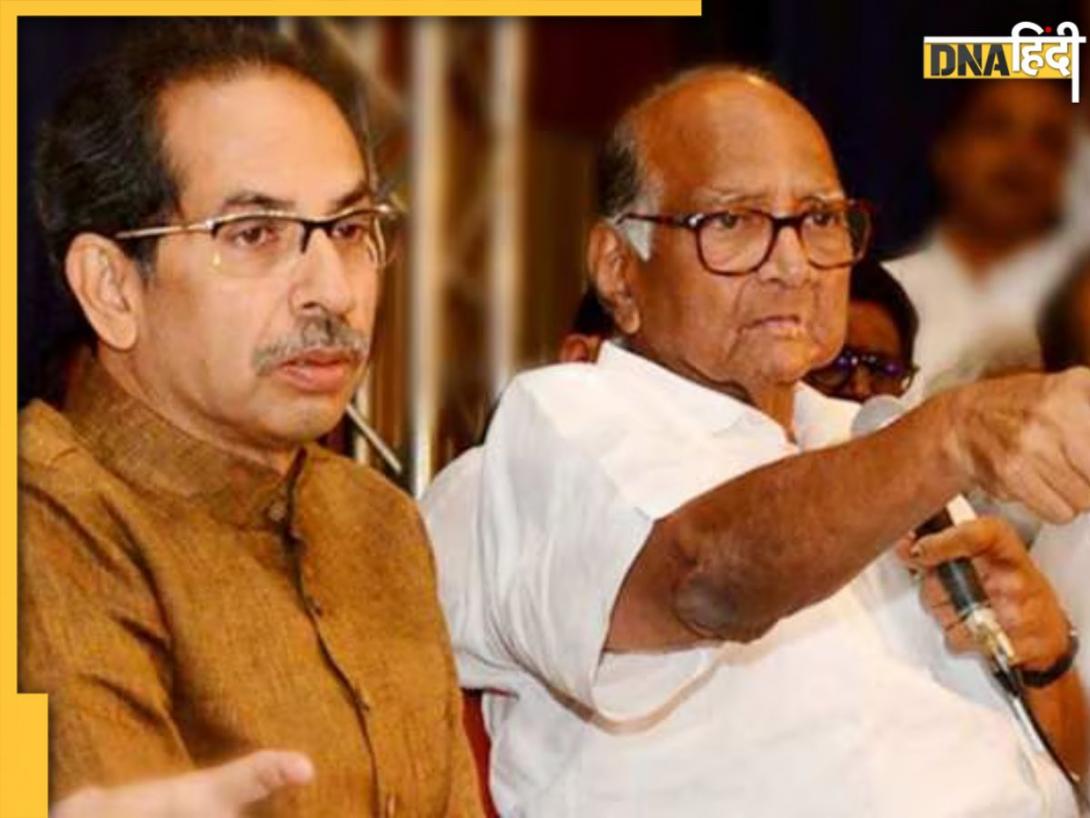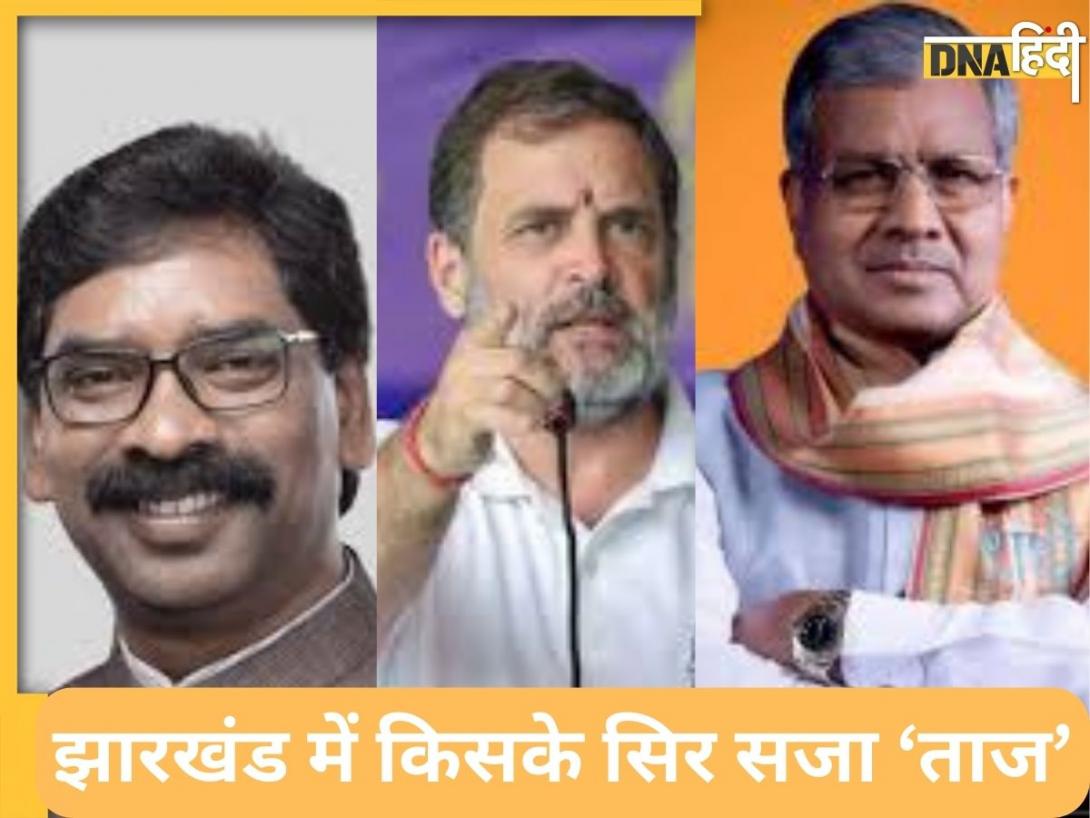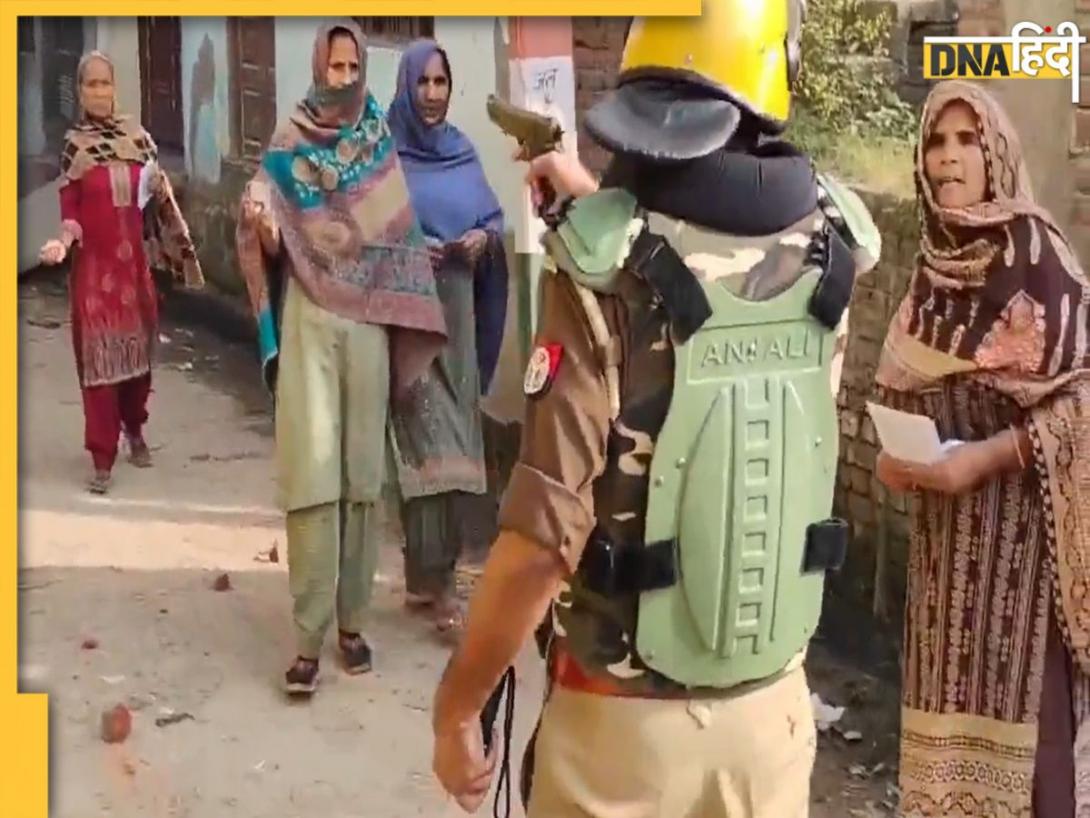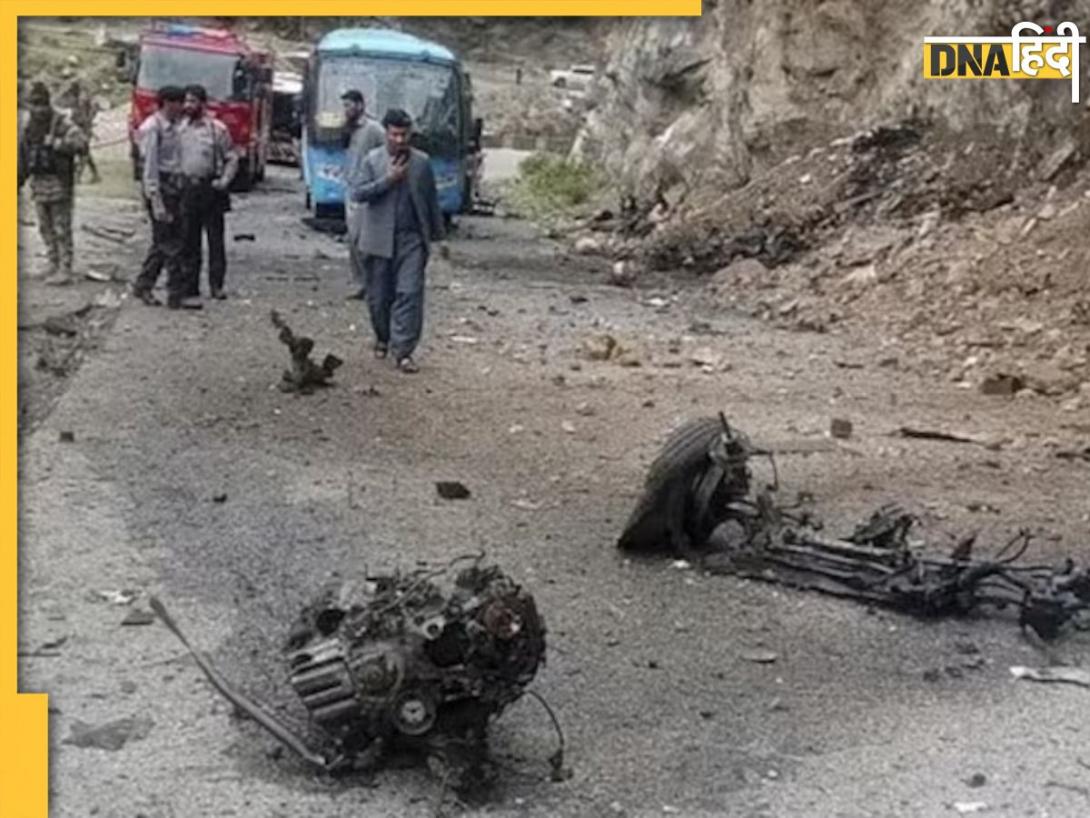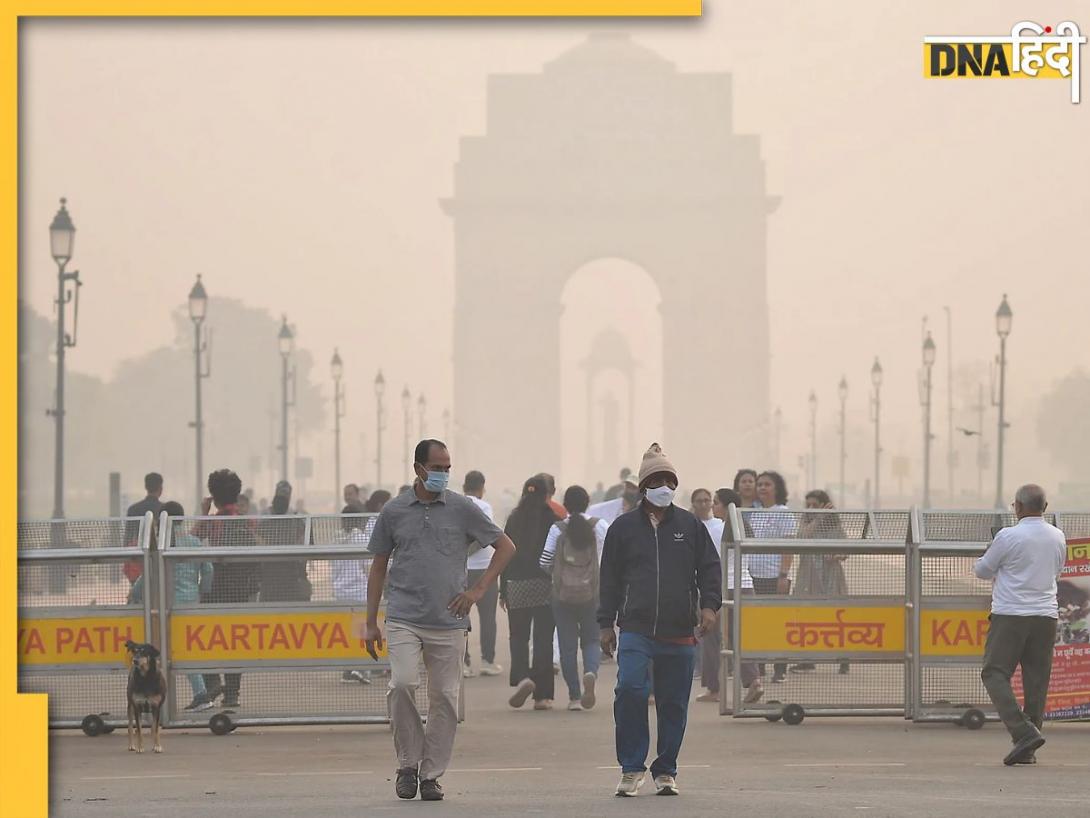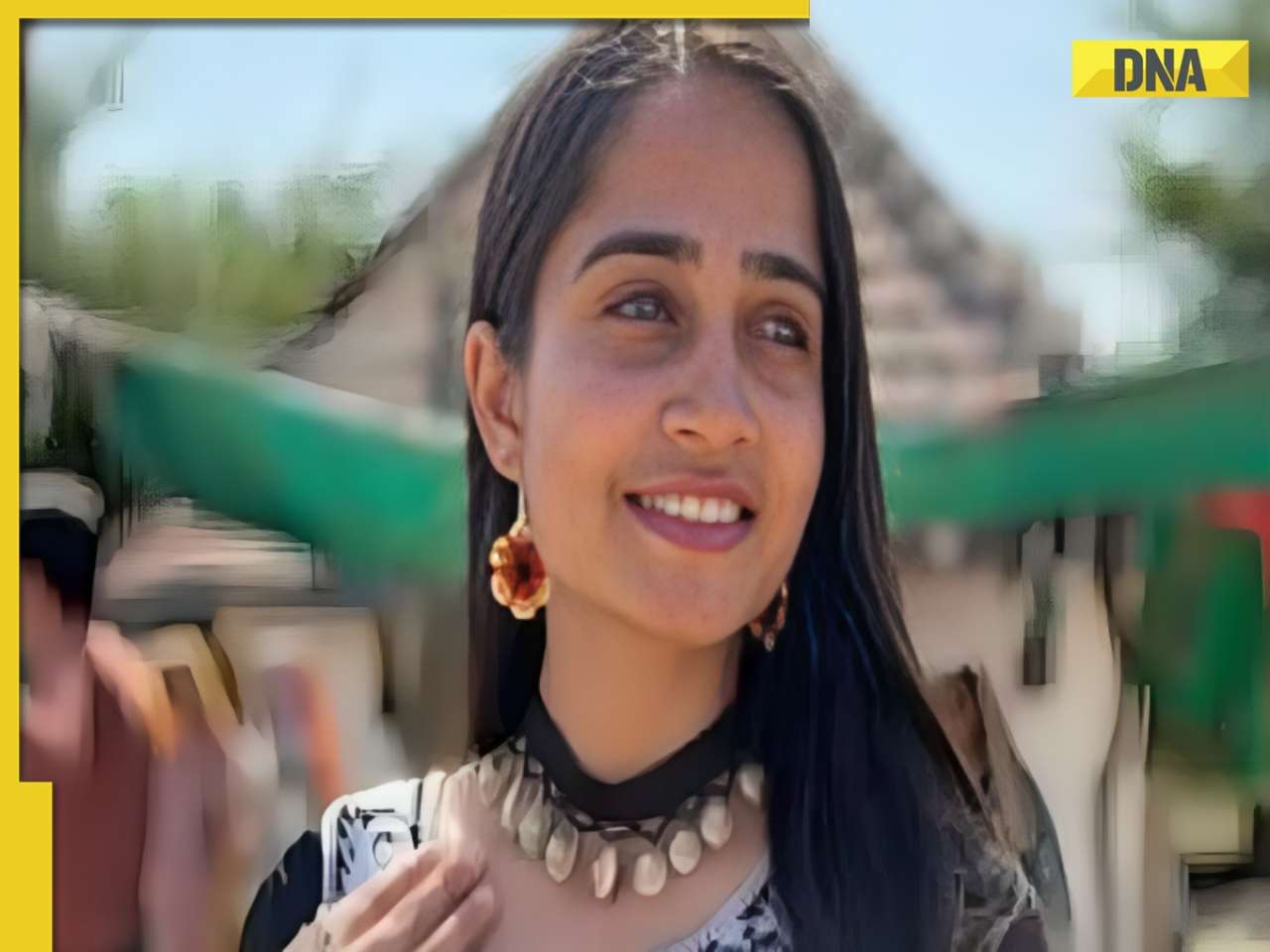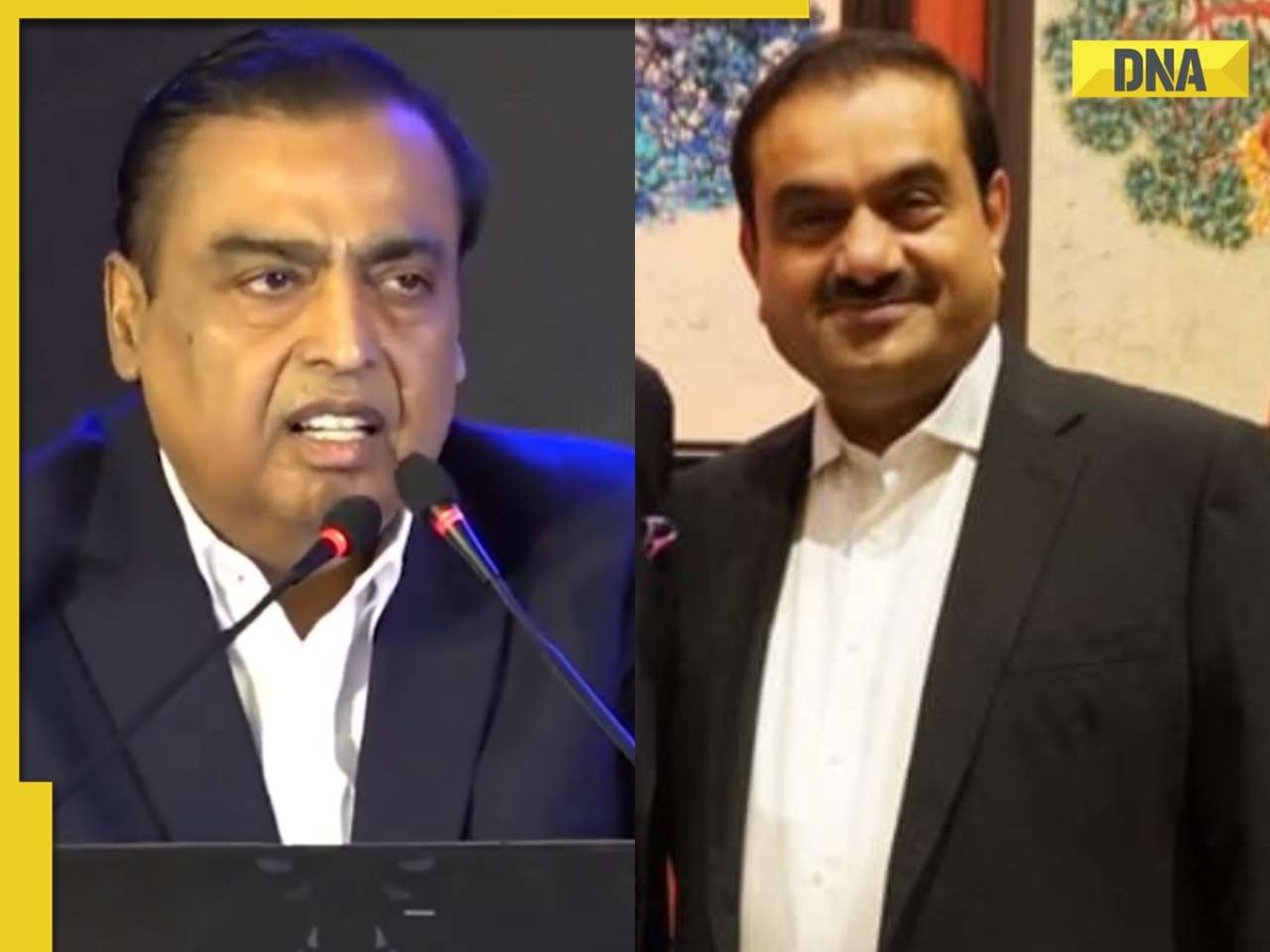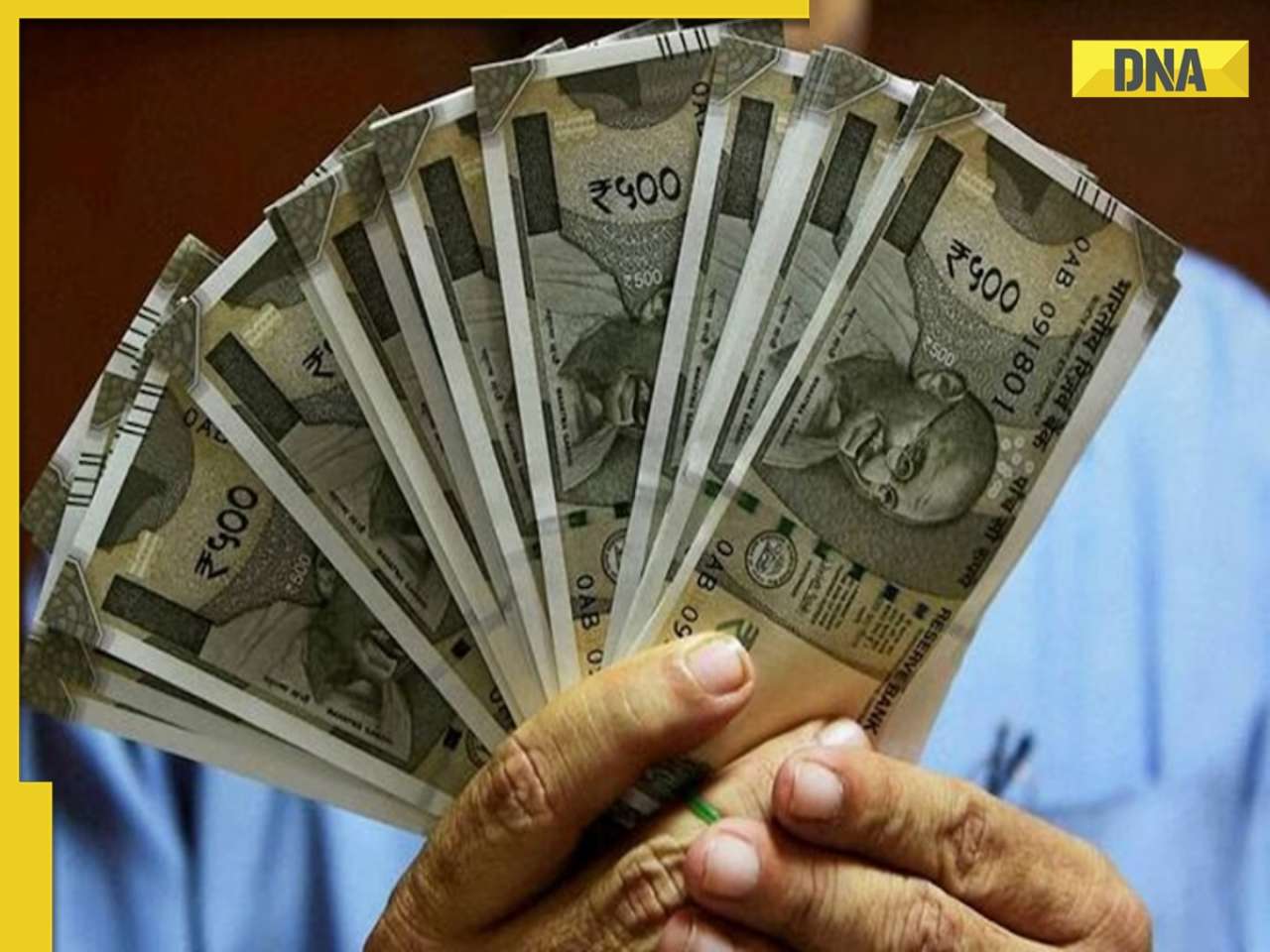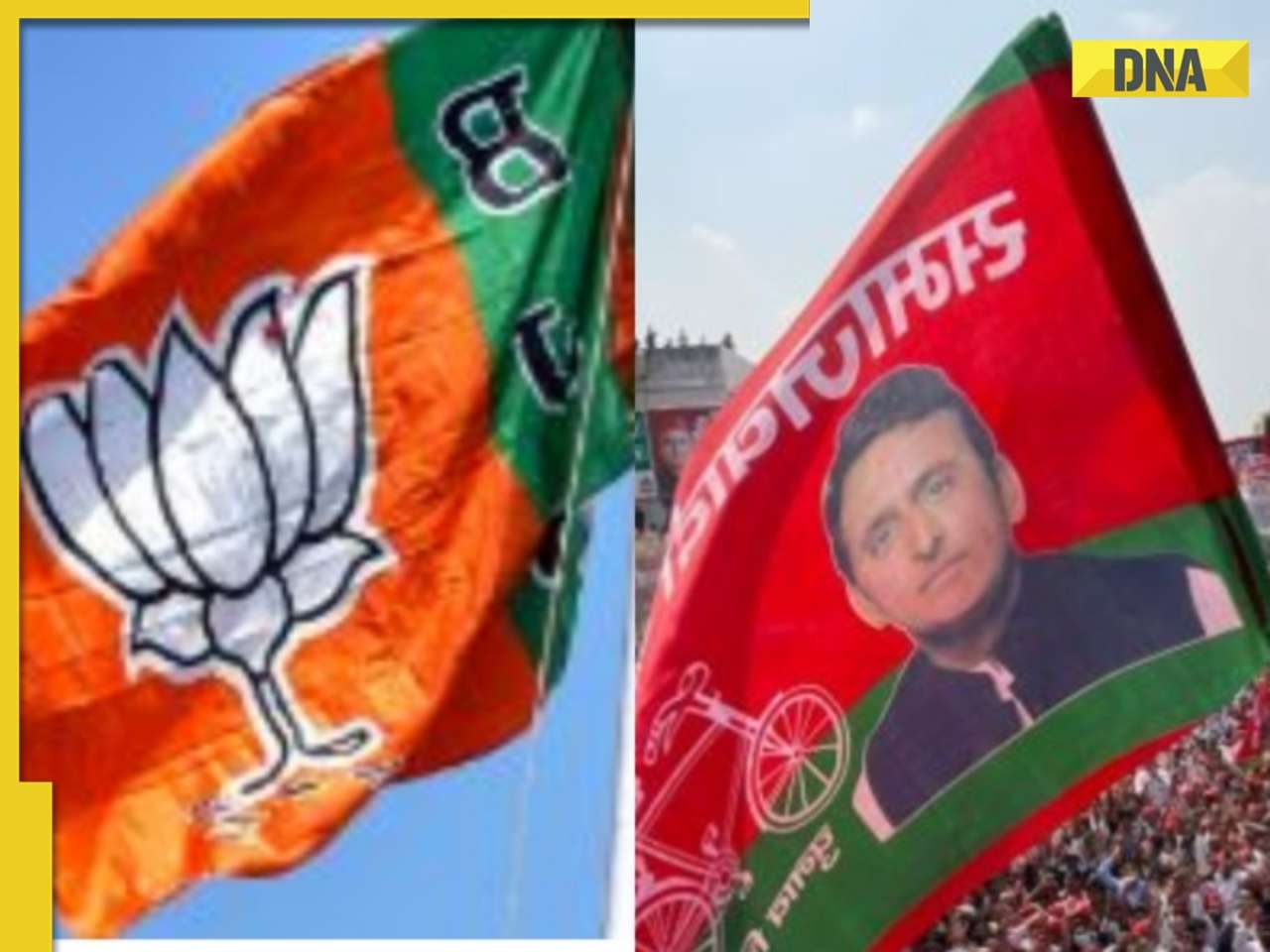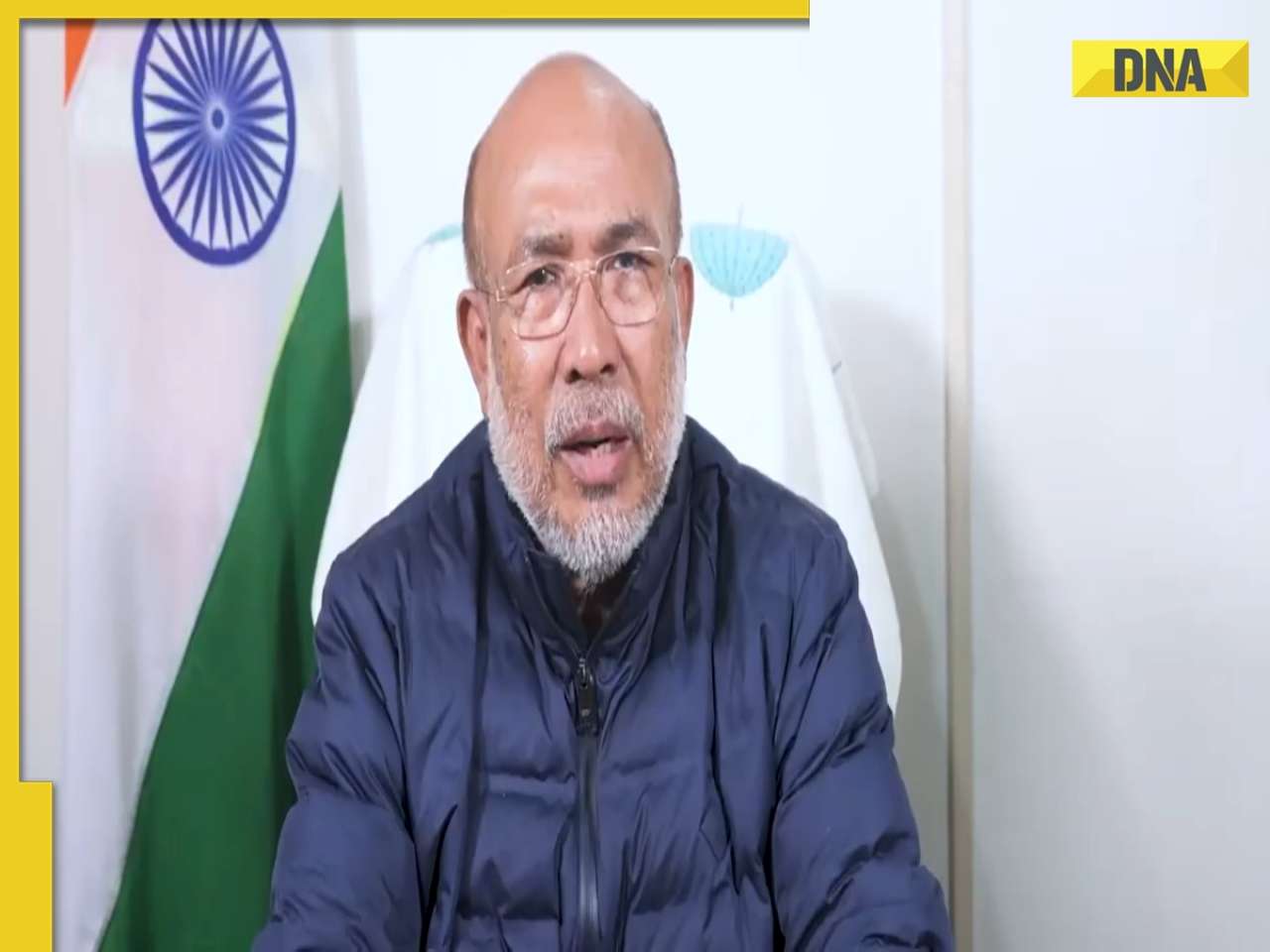- LATEST
- WEBSTORY
- TRENDING
ANALYSIS
Constitution & contenders
India needs to quietly engage with the Nepalese leadership to tackle the Madhesi issue
TRENDING NOW
Nepal’s new Constitution was celebrated in Kathmandu on September 20, with great fanfare and enthusiasm. This Constitution has many distinguishing features. It is the first popular Constitution adopted through a democratic process by Nepal after nearly 65 years of struggle. The Constitution makes Nepal a democratic, federal, inclusive and secular Republic. And yet, this Constitution has precipitated controversies and conflict, not only within Nepal but also in its relations with India.
There are reservations and question marks on almost all of its distinguishing features. To begin with, within the proclaimed democratic constitutional process, most of its sensitive provisions were shaped by power-sharing deals amongst the top players of the three major political parties. The key party fora like central/working committees and other functionaries were seldom consulted. Most of the constitutional provisions were rushed through in the Constituent Assembly (CA) without much debate and in the midst of protests on the streets. Then, on the Republican and secular character of the Constitution, the royalists and the Hindu fundamentalists are in opposition.
In matters of carving out of federal states, proportional representation, allocations of parliamentary seats and citizenship, the marginalised groups and women have serious objections.
The strongest and sustained protest has, however, come from the Madhesis, the people living in the Terai plains south of the Siwalik hills. They are culturally distinct from the Nepalese of hilly region and are identified broadly as ‘persons of Indian origin’. They include various social groups like tribals (Tharus), Muslims, Dalits (untouchables) and Maithili, Bhojpuri, Avadhi and Hindi-speaking people. They boycotted the constitutional process much before the draft Constitution was put to vote in the CA, realising that the dominant parties were not amenable to their concerns. The federal provinces carved out for the Madhesis under the new Constitution do not include some of the developed and resourceful districts of the Terai region, including those where Thaus have a clear dominance. This is in violation of the promises made to them since 2007 by the major ruling parties. They also feel that the seats allocated to Madhes in the Parliament and National Assembly fall far short of their population strength.
Madhesis are about 35% of Nepal’s overall population. The sense of discrimination and marginalisation in Madhes is quite old and deep-rooted as they never got adequate share in Nepal’s political, administrative, and economic establishments. In most of these establishments, their representation has hovered around 10-12% or even, rarely crossing 20%. In the security establishments, army and police force of Nepal, Madhesi presence is almost negligible. Madhesis first raised the issue of federalism and their democratic rights soon after the fall of the Rana-rule in 1951. The second phase of the Madhes movement unfolded during the 1980s and lasted till 2005, marked by active, but generally peaceful, participation in the struggle for democracy. It is unfortunate that owing to the hiatus between the upper caste leadership and larger chunks of Dalit and tribal mass base, as well as opportunistic and fragmented politics of their leaders, the Madhesis have not been effective in Nepal’s political and electoral dynamics commensurate to their population strength and enhanced social awareness. There have also been conscious attempts to contain the place of Madhes in Nepal’s political order, during the assertive phases of Monarchy (1960-1990), through encouraged migration of hill communities to the Terai region.
Nepal’s peoples’ movement of 2005-06 brought a much wider awakening in Madhes and the Madhes uprising took a violent form in 2007. Since then, Madhesis have been assertive and uncompromising. For the past nearly two months, with the constitutional process gathering momentum at the cost of Madhesis’ legitimate demands, agitations and protests have turned the whole of Madhes into a zone of instability and disorder. Following the promulgation of the Constitution, the Madhesi agitation has blocked the flow of essential supplies coming from India for Kathmandu and other hill areas, pushing Nepal into a crisis. As the festive season is drawing closer in Nepal, the spectre of shortages of fuel, food and medicinal supplies is driving the entire hill based Nepalese crazy.
This crisis has dragged India-Nepal relations also in its fold. The Modi government has openly expressed its support for the Madhesi demands and accordingly, disapproved of the new Constitution. This is for the first time in the last 65 years that India has been so categorical in its support for Madhesis. There are obvious and understandable reasons behind this. The turmoil may adversely affect India where Madhesis also live scattered in Bihar and UP, in Uttarakhand, Sikkim and West Bengal. Madhesis live in India’s heartland through matrimonial and social ties, through powerful business and economic stakeholders, through religious and cultural organisations, through political parties and power brokers and through the network of anti-social and extremist groups, all working across the Indo-Nepal open border. The fear of adverse spillover of the turmoil in southern Nepal in Bihar elections, where the ruling BJP has heavy stakes, has made the Modi government more alert than expected.
Ever since coming to power, Prime Minister Modi has devoted special attention to uplift Indo-Nepal relations. This has been evident during his two visits to Nepal, acknowledged widely by the Nepalese themselves. He has been repeatedly pleading with the Nepalese leaders to take everyone on board for writing the constitution. There have also been efforts from diverse constituencies within BJP to push Nepal towards becoming a Hindu state and shed off its secular pretensions. But the dominant Nepali leaders have been less responsive. They have not only blamed India for difficulties in the Terai but informally connived to whip up anti-India nationalism of Nepal’s yesteryears. Modi’s effigies and India’s national flag have been burnt in Nepal and there is vicious campaign against anything Indian in the Nepali social media. China card is flashed brazenly to challenge India’s approach.
Irrespective of its valid concerns, India could play its policy differently. Instead of taking a public stance, India could quietly and intensely engage with the Nepali leadership to nudge the constitutional process in a desired direction. India and Nepal cannot alienate each other for a long. Any sign of coercive diplomacy on India’s part is a sad reflection on its maturity and resilience as an emerging Asian power.
The author is Professor Emeritus, JNU
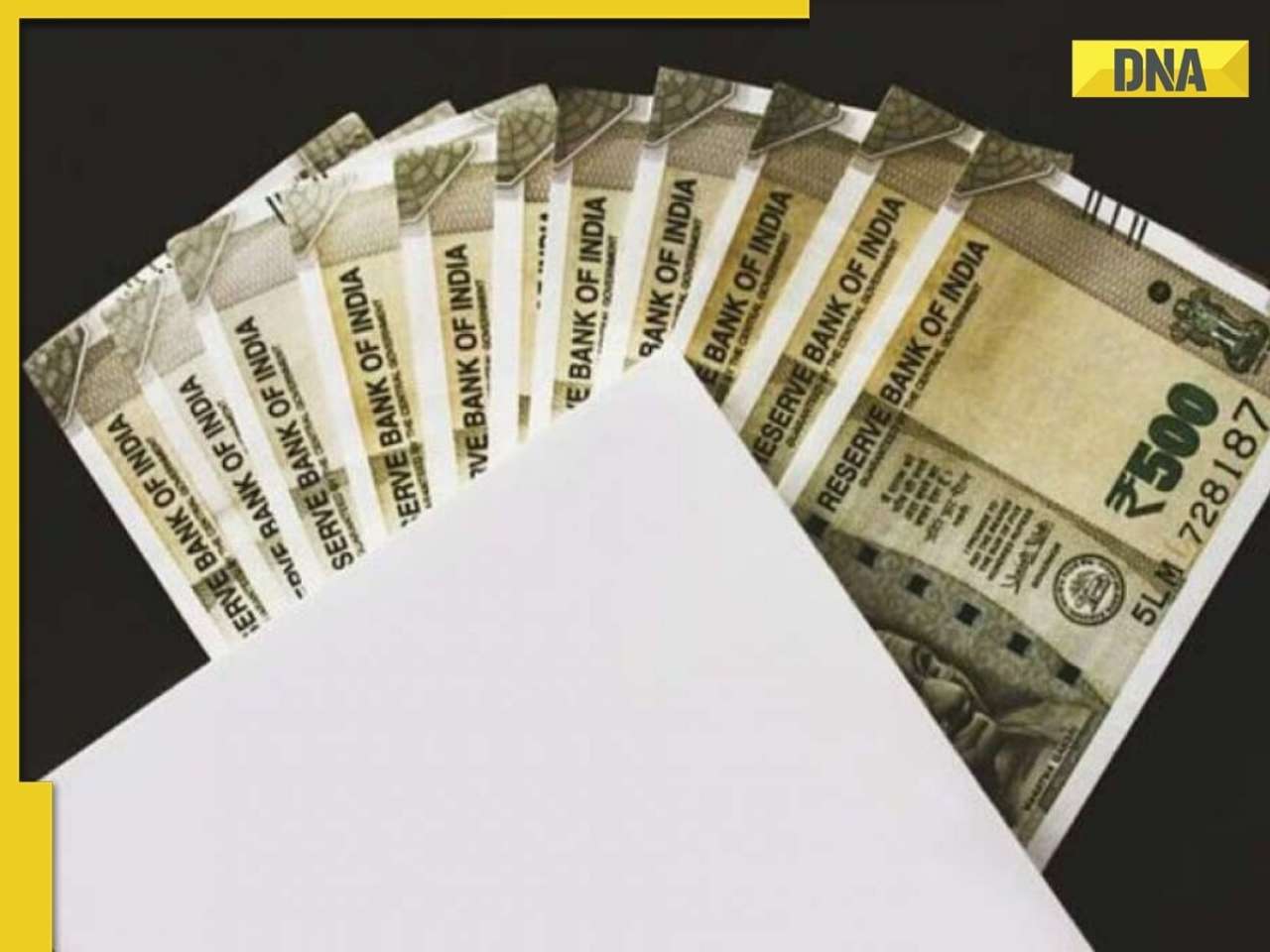

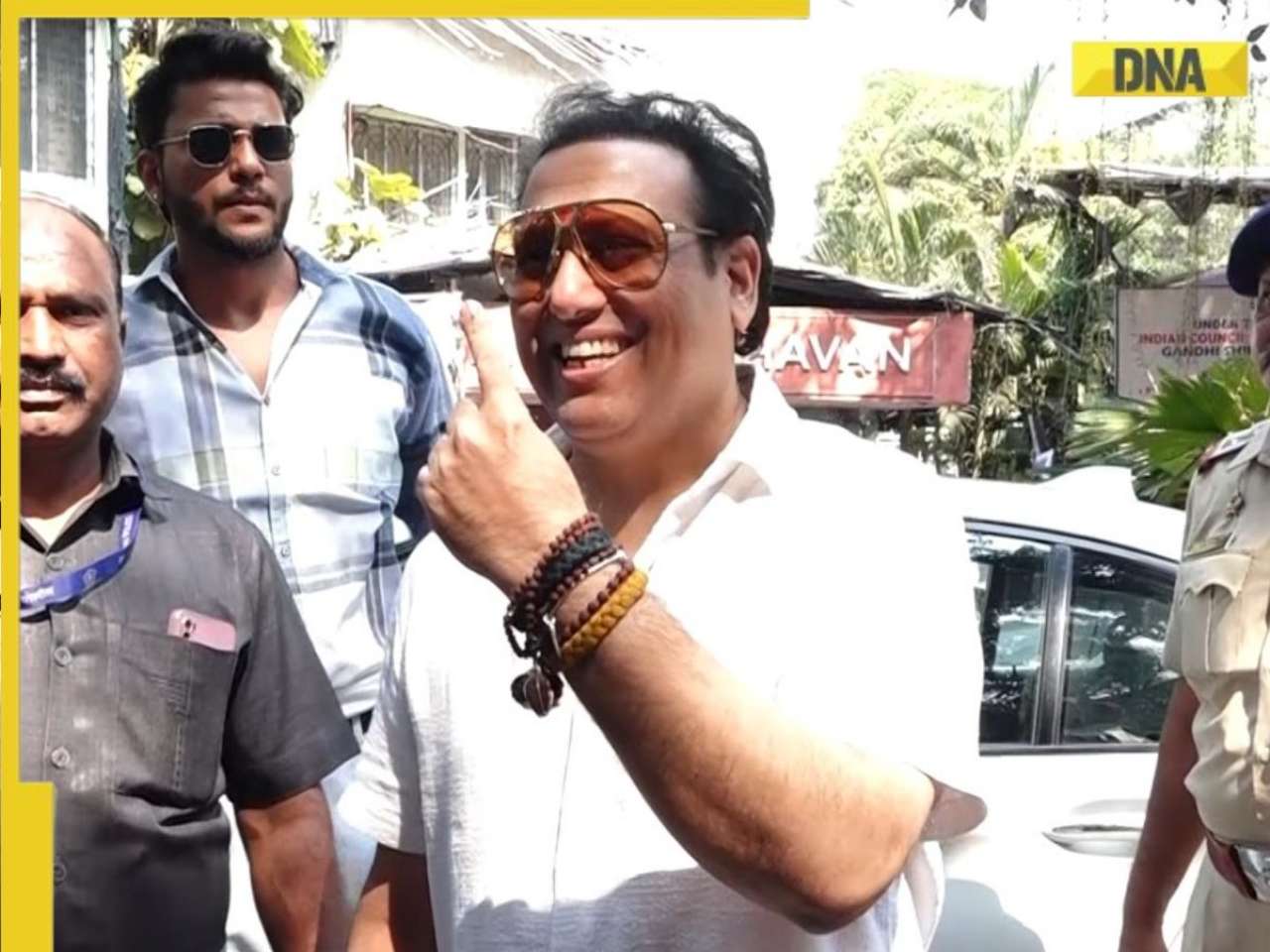




)
)
)
)
)
)
)
)
)
)
)
)
)
)
)
)






